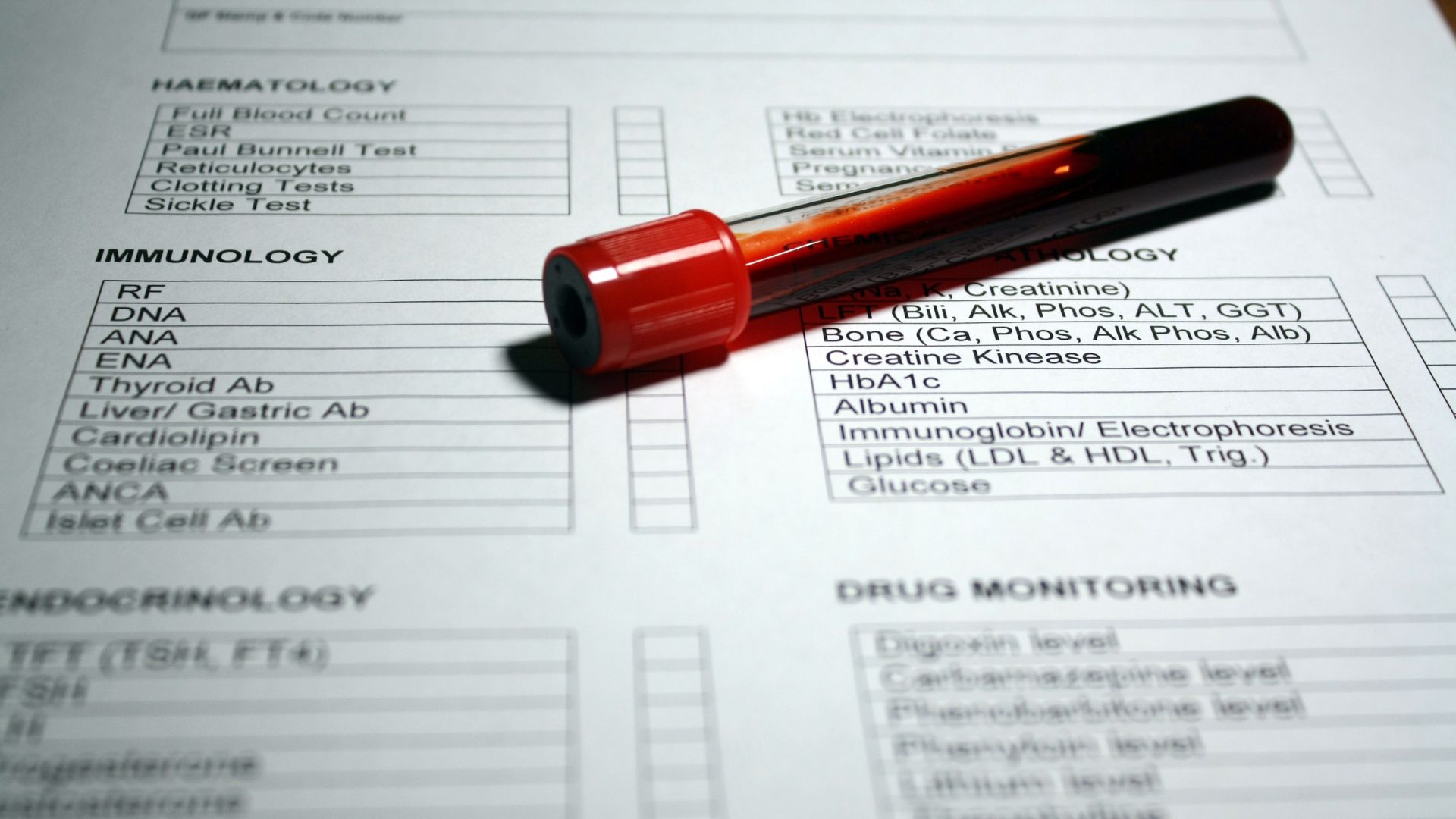Chronic stress can take a significant toll on our physical and psychological wellbeing, leading to a range of issues such as anxiety, high blood pressure, inflammation, and weakened immunity. In some cases, it can even contribute to the development of chronic diseases like cardiovascular disease, depression, and obesity. However, recent research has shed light on a potential solution to combating the negative effects of stress: the vagus nerve.
What is the Vagus Nerve?
The vagus nerve is the largest of the twelve cranial nerves in the body. It connects the brain to many organs and systems throughout the body, making it a crucial component of the autonomic nervous system (ANS) and the microbiota-gut-brain axis. The vagus nerve plays a critical role in regulating sensory, motor, and parasympathetic functions that affect things like heart rate, digestion, and respiration. It is also a significant player in the mind-body connection, acting as a neural connection between the gut and the brain.
What is Vagal Tone?
Vagal tone is the measure of the activity of the vagus nerve. Those with high vagal tone have an easier time regulating bodily functions, including breathing, metabolism, and cardiac activity, than those with low vagal tone. Higher vagal tone also triggers the release of acetylcholine in various organs, helping to regulate blood pressure, heart rate, and digestion to promote rest, repair, and growth. Low vagal tone, on the other hand, is associated with impaired stress response, inflammation, and dysregulation of glucose metabolism and the hypothalamic-pituitary-adrenal (HPA) axis.
Effects on Physical and Emotional Health
Low vagal tone has been linked to various chronic health conditions, including migraine headaches, inflammatory bowel disease, epilepsy, arthritis, and cardiovascular disease. It has also been associated with depression, post-traumatic stress disorder (PTSD), loneliness, negative feelings, and poor emotional regulation. In contrast, individuals with a higher vagal tone have more effective regulation of emotional responses, strong social connections, positive emotions, and better physical health.
Vagal Nerve Stimulation
Vagal nerve stimulation, using implanted electrical devices or transcutaneous devices, has been used to increase the tone of the vagus nerve. It has been approved for treating drug-resistant cases of clinical depression, epilepsy, pain, and migraines. Researchers are also investigating the vagus nerve’s potential role in treating inflammatory disorders, traumatic brain injury, sepsis, lung injury, diabetes, and autoimmune conditions like rheumatoid arthritis and Crohn’s disease.
Natural ways to stimulate the vagus nerve:
- Mind-body interventions: Slow breathing exercises and meditation can increase HRV and promote relaxation, emotional stability, and improved digestion.
- Singing or chanting: Singing, humming, chanting, and gargling can stimulate the vagus nerve, and chanting Om has been shown to reduce anxiety and improve pulmonary function.
- Yoga: Regular yoga practice may increase vagal tone and improve mood and inflammatory conditions.
- Positive emotions and social connections: Positive social interactions can affect HRV, and mindfulness meditation and loving-kindness meditation have been shown to improve vagal tone.
- Exercise: Regular physical exercise of moderate intensity, such as aerobic exercise and resistance training, can increase vagal tone and control.
- Nutrition: Probiotics and omega-3 fatty acids may positively affect the vagal activity and increase HRV.
- Other interventions: Cold exposure and massage techniques have been shown to increase HRV/vagal tone.
Why stimulating the vagus nerve is important:
- The vagus nerve plays a crucial role in the stress response and the microbiota-gut-brain axis.
- Low HRV has been associated with inflammation, impaired stress response, depression, and other chronic health conditions.
- Transcutaneous vagal nerve stimulation has been approved to treat refractory epilepsy and depression.
Conclusion
The vagus nerve is an essential component of our nervous system, and its activity can significantly impact our physical and emotional health. Improving vagal tone through non-invasive techniques, such as breathing exercises, meditation, and yoga, can help support stress resiliency, enhance emotional regulation, and improve overall health and well-being.
Moreover, our clinic offers the latest technologies, such as FLOWpresso and Vagal Tone Restorative Device, to support your vagal tone and restore your nervous system to new heights. Our team of experts can guide you on the best ways to use these technologies to promote relaxation and overall well-being. By incorporating these technologies into your wellness routine with the guidance of our professionals, you can support your vagal tone and promote a healthier nervous system, which can positively impact your physical and mental health.








